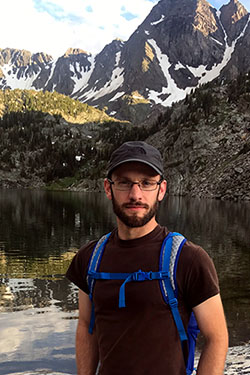Environmental Science/Studies
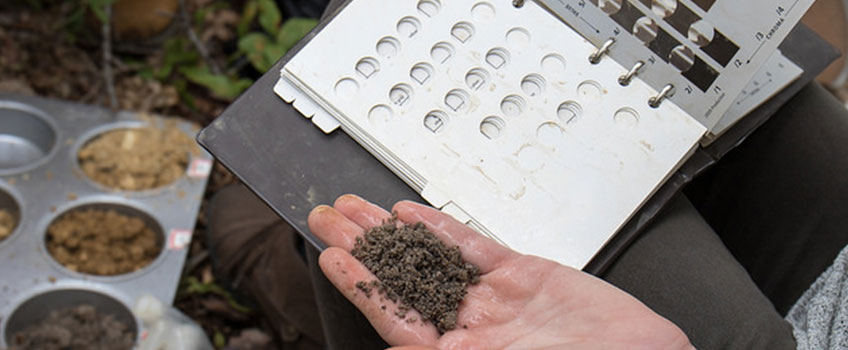

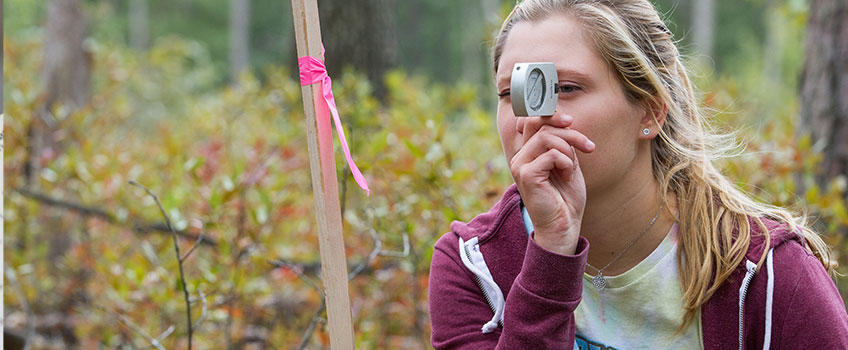

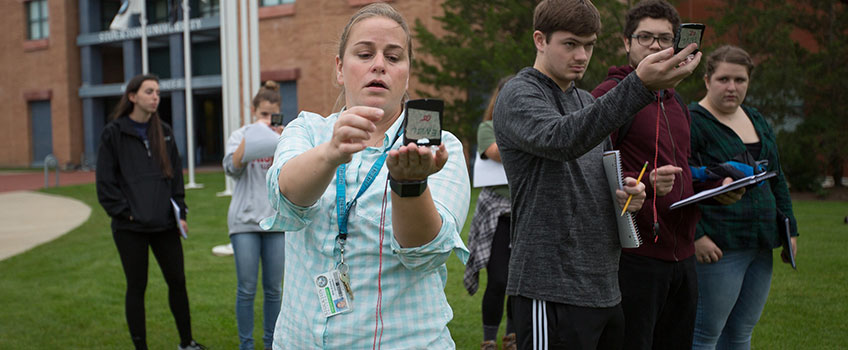
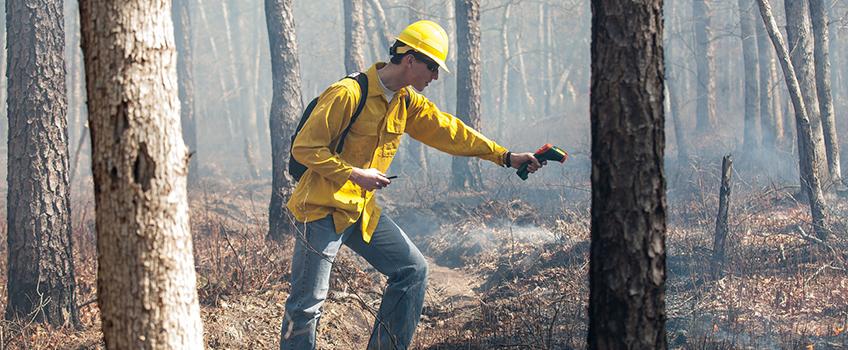
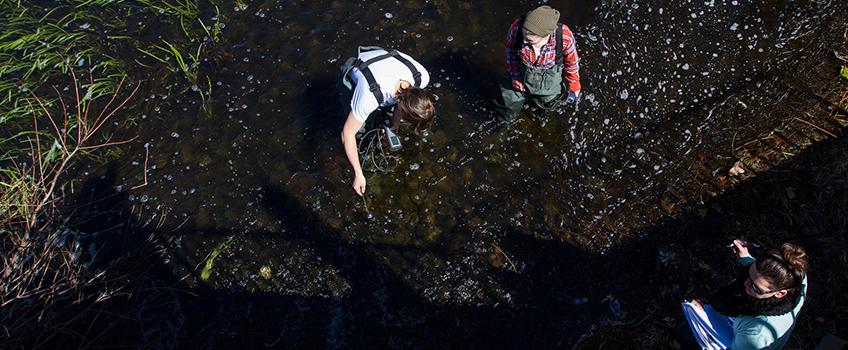
The Environmental Science/Studies program (ENVL) at Stockton prepares students to deal with the complex environmental problems that confront society by providing a broad, basic understanding of the interactions among the physical, biological and human components of the environment.
About the Program
One of the hallmarks of Environmental Science/Studies is student engagement. The program emphasizes a multidisciplinary approach to the study of environmental phenomena to emphasize the complexity of environmental problems. The program encourages cooperation between students and the full-time faculty in courses and in independent research that often involves extensive fieldwork and real-world applications. This hands-on work helps prepare students for careers or graduate education. In many courses and projects, the program utilizes the latest technology as components of students’ learning experience to prepare them for their professional lives. The program requires a senior project that can be an internship with government agencies, private consulting firms, natural resource industries, and environmental organizations as a practical approach to learning about the field. Alternatively, the senior project can involve independent research with a faculty member to deepen the student’s experience in and understanding of the environment.
Additional Information
Stockton Forest Management Plan (SFMP)
Program Features
Our program is located on a campus of 1600 acres, most of which are part of an environmental reserve. The facilities include:
- Soils, hydrology, ecology, and environmental chemistry laboratories
- Biological and geological collections
- Environmental field monitoring stations
- A groundwater monitoring well field
- Greenhouse and arboretum
- Two 'dedicated' Geographic Information Systems (GIS) microcomputer laboratories
- One containing 25 workstations with dual monitors, a large flatbed printer
- Another containing an additional 21 computers
Alumni Highlights
Healing Wildlife, One Creature at a Time
A Wildlife Ecology course provided alumnus Michael O'Malley '12 with the understanding
of the importance of wildlife management and rehabilitation, turning his love of nature
into a full-time career as a wildlife rehabilitator. Today, O'Malley serves as Executive
Director Cedar Run Wildlife Rescue where they rehabilitate injured and orphaned animals,
giving them a second chance in the wild.
Learn more about O'Malley in the Fall 2022 The Essential Elements article Giving Wildlife a Second Chance. And don't miss other student and alumni stories in the current e-zine edition!
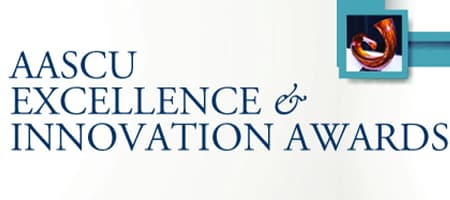
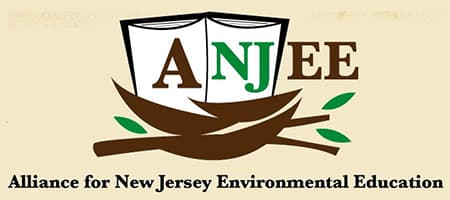

Forest management is a conservation effort that helps to increase forest biodiversity and provides habitat for species that favor young, successional habitat. Schielzo, who has loved wildlife for as long as she can remember, aspires to be a conservation or wildlife biologist and to work overseas with threatened and endangered species.
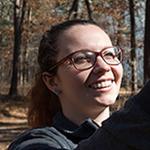
B.S. Environmental Science, Minor Biology
During my junior year, I had the opportunity to use the forest on Stockton's campus as a living classroom. Stockton University is the first public land in the New Jersey Pinelands to have a comprehensive forest management plan, and I was one of the lucky few who played a role in its inception.
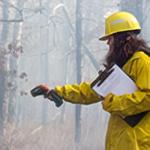
B.S. Environmental Science, Minor in Writing
Stockton's Environmental Track prepared me for this opportunity through their knowledgeable professors, who facilitated professional and personal growth through challenging courses and field experiences.
B.S. Environmental Science
After a circuitous first 2 years of undergrad at another University, I transferred to Stockton to pursue my real passion in the ENVL program. Upon starting my job, I was astonished at just how much my undergrad degree prepared me to make the jump into the working world.
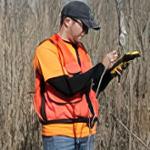
B.S. Environmental Science
Curriculum
The Environmental Science/Studies (ENVL) program draws on the strengths of a closely related and interconnected cluster of degree programs offered by the School of Natural Sciences and Mathematics, including Environmental Science, Environmental Studies, Geology, Marine Science, and Sustainability. Students can select courses widely from areas within Environmental Science/Studies to get a broad perspective, or they can specialize in one of several areas, or concentrations, within Environmental Science/Studies, if their interests are more narrowly defined.
Concentrations
- Accelerated Science Masters Program
- Forestry
- General
- Planning and GIS
- Soil Science and Hydrology
- Wildlife
Students can also combine additional At-Some Distance courses in Education, Anthropology, Economics, Political Science, Public Health, and other fields outside the natural sciences to create a more specialized program of study.
- Qualified students can move into Stockton’s Professional Science Master's and complete a Bachelor of Science and a Master's Degree in our Accelerated Dual Degree Program.
- Many graduates work in the environmental field, where some have risen to leadership positions or have started their own consulting companies. Still others have graduated from Stockton to attend graduate schools where they frequently earn research and teaching assistantships.
Required Courses
All ENVL majors take the following Program courses in the freshman and sophomore years:
- ENVL 1100 Introduction to Environmental Science
- ENVL 2600 Environmental Studies Seminar
- ENVL 2100/05 Physical Geography with Lab
- ENVL 2200/05 Ecological Principles with Lab
- ENVL 2400 Statistical Analysis of Ecological Systems
During the same years, all ENVL majors also take:
- BIOL 1200/05 Cells and Molecules with Lab or BIOL 1400/05 Biodiversity and Evolution with Lab.
- CHEM 2110/15 Chemistry I with Lab and CHEM 2120/25 Chemistry II with Lab (BS only).
- BA students must take the Economics option.
- One of the following courses: ENVL 2100/05 Physical Geology with Lab or an Introductory Physics course with Lab - BA students can choose CHEM I in this option.
During their junior and senior years, ENVL majors take upper-level courses in the Program.
Students may either specialize by taking courses in one area of Environmental Science, or they may take courses from several of these areas. These include:
- Forestry, Wildlife, or Ecology, including courses such as ENVL 3121 Wildlife Management, ENVL 3136 Mammalogy, ENVL 3429 Forest Measurement, ENVL 3419 Ecological Forest Management, ENVL 3426 Freshwater Ecology, BIOl 3130 Ornithology, BIOl 3413 Population Biology, ENVL 3423 Entomology, and ENVL 3417 Dendrology.
- Planning and Geographic Information Systems (GIS), including courses such as ENVL 3302 Geographic Information Systems (GIS), ENVL 3303 Advanced GIS, ENVL 3307 Geodatabase Systems, ENVL 4622 Global Positioning Systems (GPS) for Geographic Information Systems (GIS), ENVL 3311 Regional Planning, and ENVL 3310 Environmental Planning and Policy.
- Soil Science and Hydrology, including courses such as ENVL 3432 Soil Science, ENVL 3434 Watershed Hydrology, ENVL 3435 Groundwater Hydrology, and ENVL 3430 Geomorphology.
Juniors and seniors can also take courses in related programs such as
Sustainability, Geology, Marine Science, Biology, Chemistry, Physics, Mathematics, Political Science, and Public Health.
Students must also:
- Complete an ENVL Research Senior Project or an Internship that involves doing environmentally related work for a governmental agency, or consulting or other company, or a non-governmental agency.
- Take a senior-level Environmental Issues Course.
- Complete the University’s requirements in general education (BS 48 credits, BA 64 credits).
Degree Works Curriculum & Transfer Equivalency Tool
You can see the curriculum for your area of interest using Degree Works. This service is accessible even if you are not currently a student with Stockton University.
Geographic Information Systems (GIS) Certificate
Various industries and organizations use Geographic Information Systems (GIS) to analyze trends, visualize historic changes, and aide in future decision-making strategies. GIS is used in different sectors such as politics, public health, business, emergency response, science, and many other fields. The GIS Certificate is the right choice for professionals interested in advanced skills in computer mapping, spatial modeling, and spatial data mining technologies, and is expected to grow a 35% growth each year over the next decade.
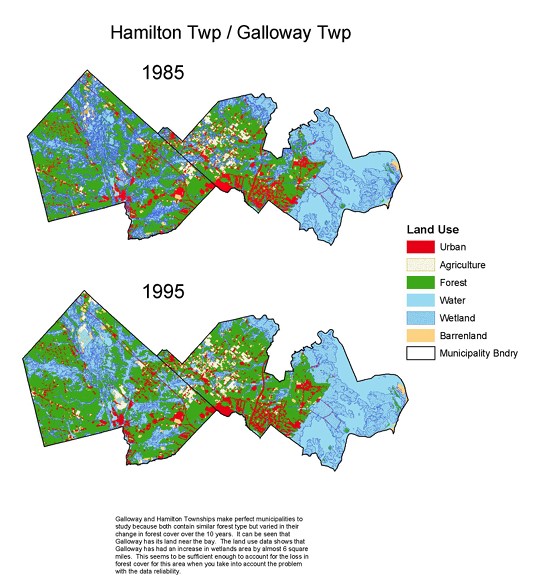
Individuals with GIS certification possess a skill set that is transferable to a variety of industry sectors and can open a broad base of job options and careers.
Common uses of GIS include:
- Inventory and management of resources
- Crime mapping
- Establishing and monitoring routes
- Managing networks
- Monitoring and managing vehicles
- Managing properties
- Locating and targeting customers
- Managing agricultural crop data
- Addressing public health concerns
- Mapping wildfire risk and preparedness
- Modeling hazmat risk
- Mapping, monitoring, and mitigating invasive species
Learn how you can complete a certificate program within one year!*
*students who meet prerequisites
Professional Science Master's Degree
The accelerated dual-degree BS/PSM program is an intensive five-year curriculum that offers students the opportunity to earn both a Bachelor’s in Environmental Science and a Professional Science Master’s degree. Students take enough courses to meet all requirements for the undergraduate BS and then transition into the MS program in their “senior” year, the fourth year of study. This program is designed as a terminal degree for students who want to obtain advanced skills that will prepare them for the workplace. Students interested in research leading to a doctoral degree should consider more traditional programs and are advised to enroll in the BS in Environmental Science and take basic and applied science courses that prepare them for a broad range of research opportunities typical of a conventional graduate program.
Stockton students may apply early!
- Conditional admission to the dual BS/PSM program as high school seniors OR
- At the beginning of the second semester of their “junior” year.
Transfer Students
Faculty
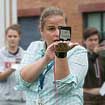
Emma L. Witt
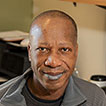
Tait Chirenje

Jessica Hallagan
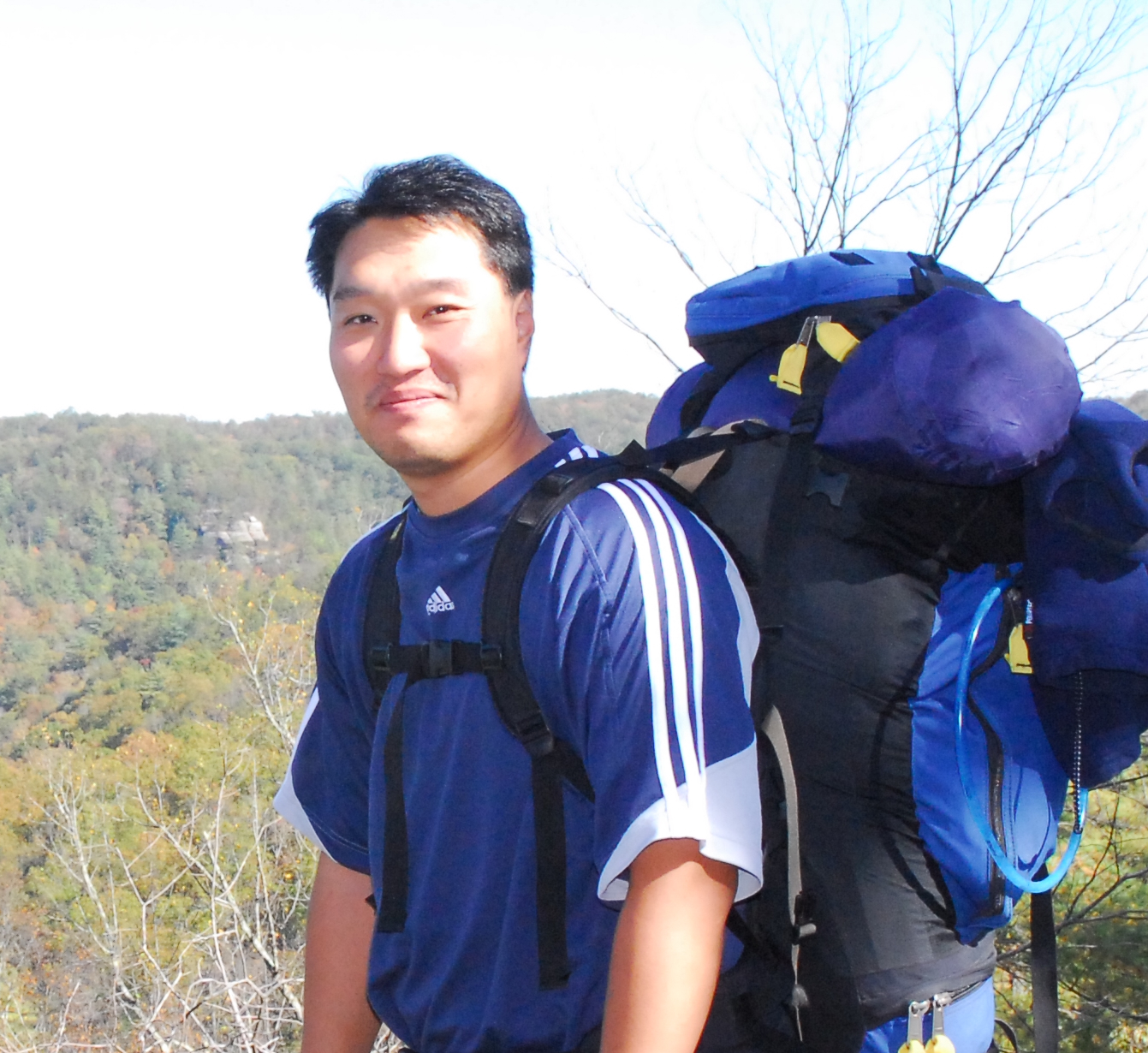
Min Kook Kim
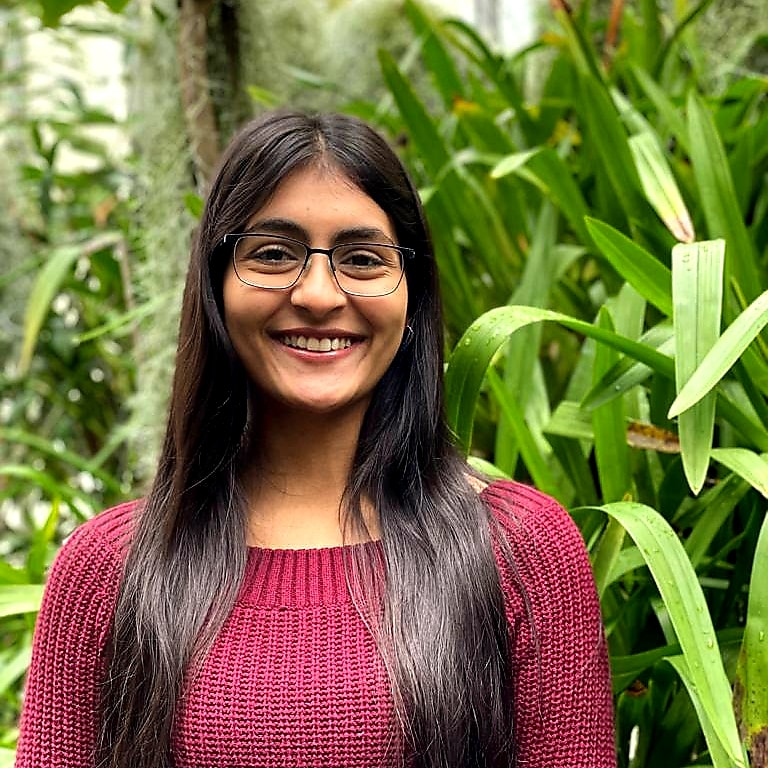
Vashti Mahadeo
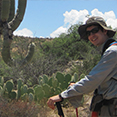
Daniel A. Moscovici

Matthew Olson
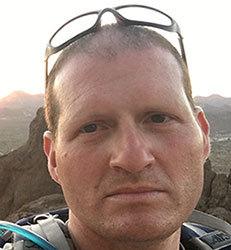
Matthew "Rocky" J. Severs

Catherine A. Tredick




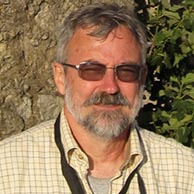















Career Opportunities
After graduation, qualified ENVL students have the opportunity to move into Stockton's Professional Science Masters program and complete a Bachelor of Science and Master's Degree in our 4+1 Dual Degree program. Many other graduates will seek employment in the environmental field. Some have risen to leadership positions or have started their own consulting companies. Still, others have graduated from Stockton to attend graduate schools where they frequently earn research and teaching assistantships that underwrite their graduate education.
Recent surveys indicate that the majority of Stockton’s Environmental graduates establish careers related to their major. They work in federal, regional, state, and local governmental agencies; in schools, colleges and universities; in engineering, consulting, and resource management and exploration companies; in a wide array of non-profit or nongovernmental organizations and in other related industries. ENVL students have been successful at some of the nation’s leading graduate schools, where they have gone on to complete doctoral degrees. Other students have begun successful businesses in environmental consulting, while yet others have risen to prominence in governmental and nongovernmental agencies.
Interested students may contact the program Coordinator of the Environmental Science program or speak to their Faculty Preceptor for additional information. The Career Education & Development office is also a good resources as students explore career and graduate education opportunities.
Potential Careers
The Student Career Center that is available to guide you through your career development journey - from CV writing, interview prep or general guidance.
Requirements
All ENVL students are required to complete 1-4 credits of an internship (ENVL 4900) or independent study (ENVL 4800) to graduate. Internships can be with any government agency, private consulting firm, natural resource industry, or environmental organization (approved by faculty sponsor). Independent studies involve conducting independent research with a faculty member on campus. B.A. students MUST complete at least one credit of an outside internship. You can complete multiple internships or independent studies for credit during your time at Stockton for a maximum total of eight (8) credits towards your degree. Each project can only be worth a maximum of 4 credits. Credits are determined based on the number of hours spent on-site working, as follows:
- 1 credit = 40 hours of work
- 2 credits = 80 hours of work
- 3 credits = 120 hours of work
- 4 credits = 160 hours of work
All paperwork must be signed by your faculty sponsor before you begin any work. Once you have secured an internship or independent study, you should fill out the appropriate paperwork (links below) with a faculty sponsor (can be your preceptor or any Stockton faculty member) and submit it to the NAMS office for processing. Students are required to complete some sort of final project or other assignments (reflective journals, literature reviews, poster or oral presentations, research papers, etc.) to receive full credit for the internship or independent study. Students should talk to their preceptors or other ENVL faculty members for additional details about these requirements.
Environmental Science Internship Examples and Student Testimonials
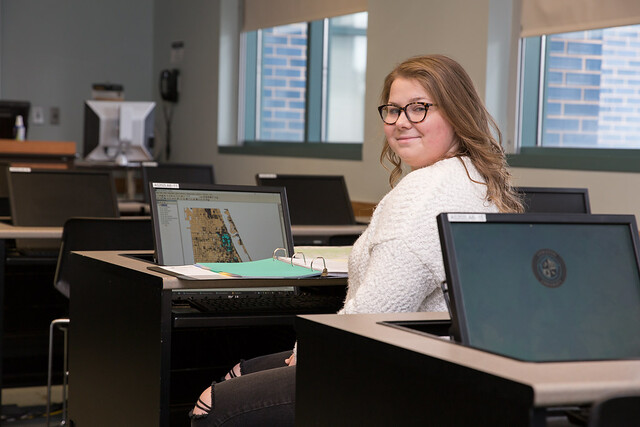
Interns of the Atlantic County Office of GIS use GIS and remote sensing software to provide maps, spatial data, and imagery for state, county, and municipal projects within Atlantic County. Projects include tidal monitoring, disaster prevention, flood hazard mitigation, strategic growth management plans, municipal mapping for zoning use, service area mapping, municipal roadway assessment for planning, providing census information maps, transportation analysis, and environmental impact analysis.
GIS Interns will also provide a range of services for the office, including scanning documents, printing maps, receiving GIS-related phone calls, updating Atlantic County website resources, updating County geodatabases, and providing resources to office walk-ins.
“As an Intern for the Atlantic County Office of GIS, my objective is to take my in-classroom training provided by the Stockton University professors and apply it to the professional real-world scenarios presented to Atlantic County’s Department of Planning and Development. I most enjoy being able to broaden my “toolbox” of techniques at Atlantic County and attending Atlantic County Office of Emergency Management meetings, where I am able to merge my GIS experience with my interest in emergency management and response. I am extremely grateful for my time at Atlantic County and the Specialists I have the privilege of working under. Being an Atlantic County Office of GIS intern has given me a year’s worth of new knowledge and techniques to tackle the ever-changing world of geographic information science.”
Emily Peraria
Atlantic County Department of Planning and Development Intern
Click here for more information on Planning & GIS Concentration and the GIS Certificate. For more information on planning internships, please contact Professor Weihong Fan.
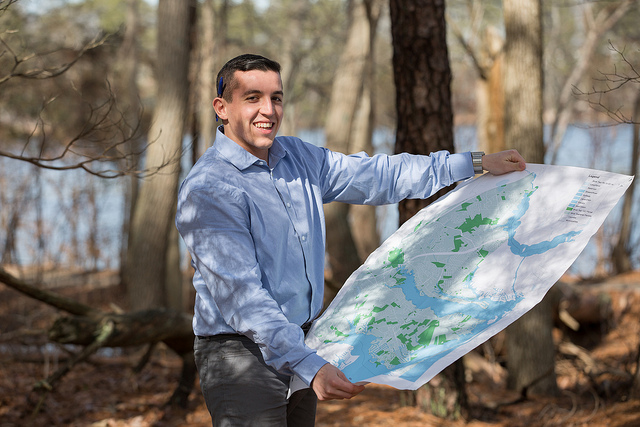
Brick Township’s Division of Land Use & Planning is responsible for guiding development and maintaining the Master Plan and land use ordinances. This internship position works closely with two NJ-licensed professional planners who work with the local Planning Board, Board of Adjustment, and Zoning office staff. This also includes working closely with engineers, administrators, and GIS specialists.
The Land Use & Planning team focuses on community smart-growth initiatives to minimize suburban sprawl while also encouraging residential, industrial, and commercial growth. Brick Township is trying to maximize brownfield redevelopment while preserving forests, wetlands, and local parks. The internship also works on Brick Township’s Sustainable New Jersey portfolio, applying for grants to enhance municipal sustainable development practices.
“This internship gave me firsthand experience working with professionals on various projects including: The Master Plan, planning studies, reports, review of subdivisions/site plans, drafting of ordinances, affordable housing compliance, geographical information mapping, tax map maintenance and grant writing. The Environmental Studies faculty and the education I gained at Stockton University made this opportunity possible. When I graduate I hope to work with a municipality directly on land use issues.”
Vinny Palmieri
Brick Township Planning Intern
Click here for more information on environmental planning and GIS concentration. For more information on planning internships, please contact Professor Daniel Moscovici.
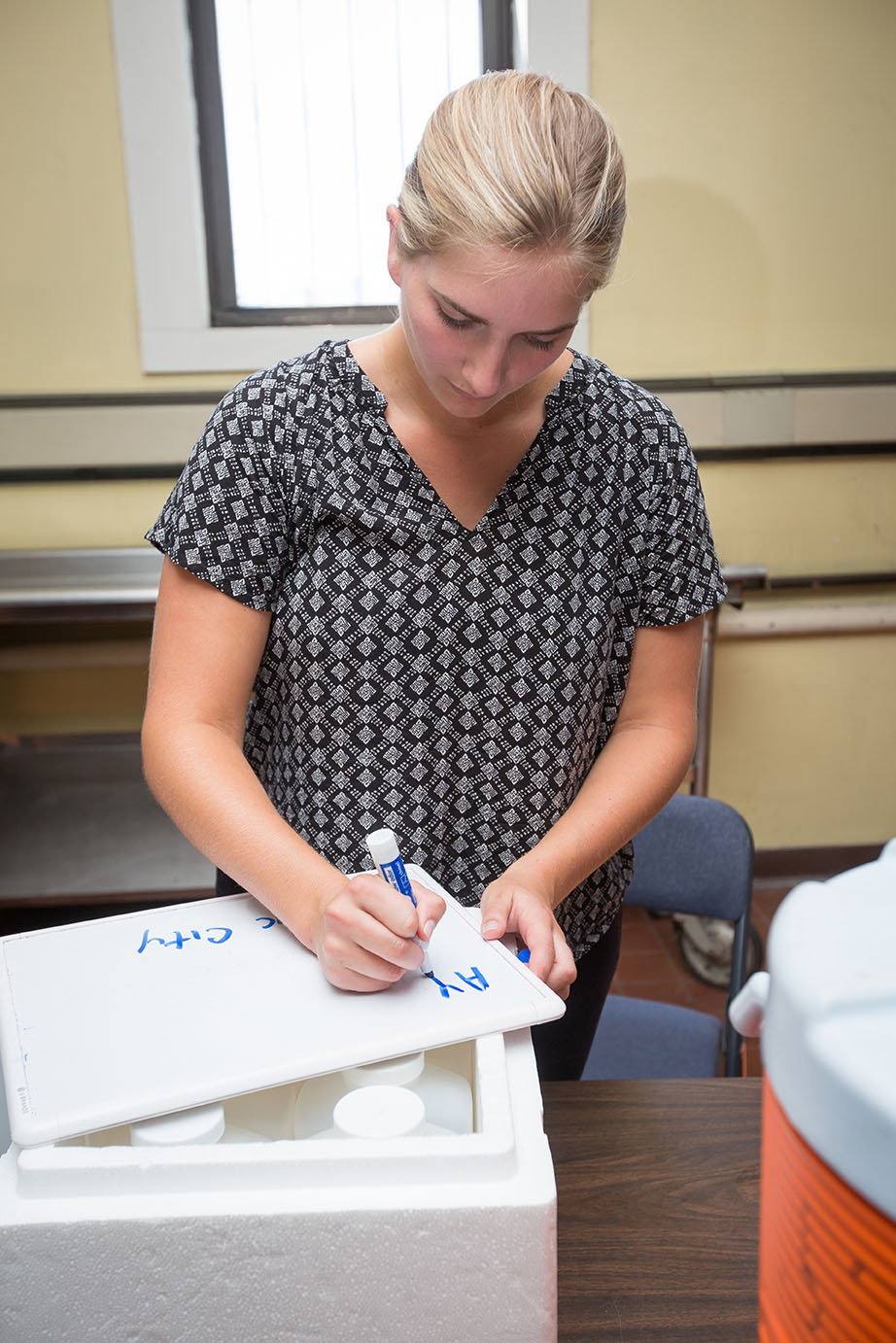
The internship entails a year-round training program for undergraduate students, under the tutelage of a program advisor John Hallagan, and faculty member Tait Chirenje. The interns work alongside scientists from the NJDMAVA and contractors working on NJDMAVA projects in fulfilling assessment, monitoring, remediation, and other environmental obligations for the NJDMAVA. The NJDMAVA elected to use students because collaborations of this nature provide interns with real-world experiences and on-the-job training in environmental concentrations, such as conservation, remediation, wildlife management, and land management. This internship allows students to gain valuable career-building experiences through completing practical projects and networking with professionals in the environmental field along the way.
“I joined the SUEIP team in January 2018 as a second semester Junior. I was interested in the program after speaking with my adviser and discussing the types of projects that were in progress. Since then, I have been a part of several group and individual projects including an air emissions report, a beach vegetation survey, an osprey conservation video, a spill plan report and training, water quality and inventory reports, and a rare species report. This work included in-depth surveying, GIS map development, and writing. As a student working on these projects, I gained valuable skills that apply to my future career as an Environmental Scientist”
Laurel Klein
NJDMAVA Intern
Click here for more information on environmental quality concentration (B.S. and B.A.). For more information on environmental quality internships, please contact Professor Tait Chirenje.
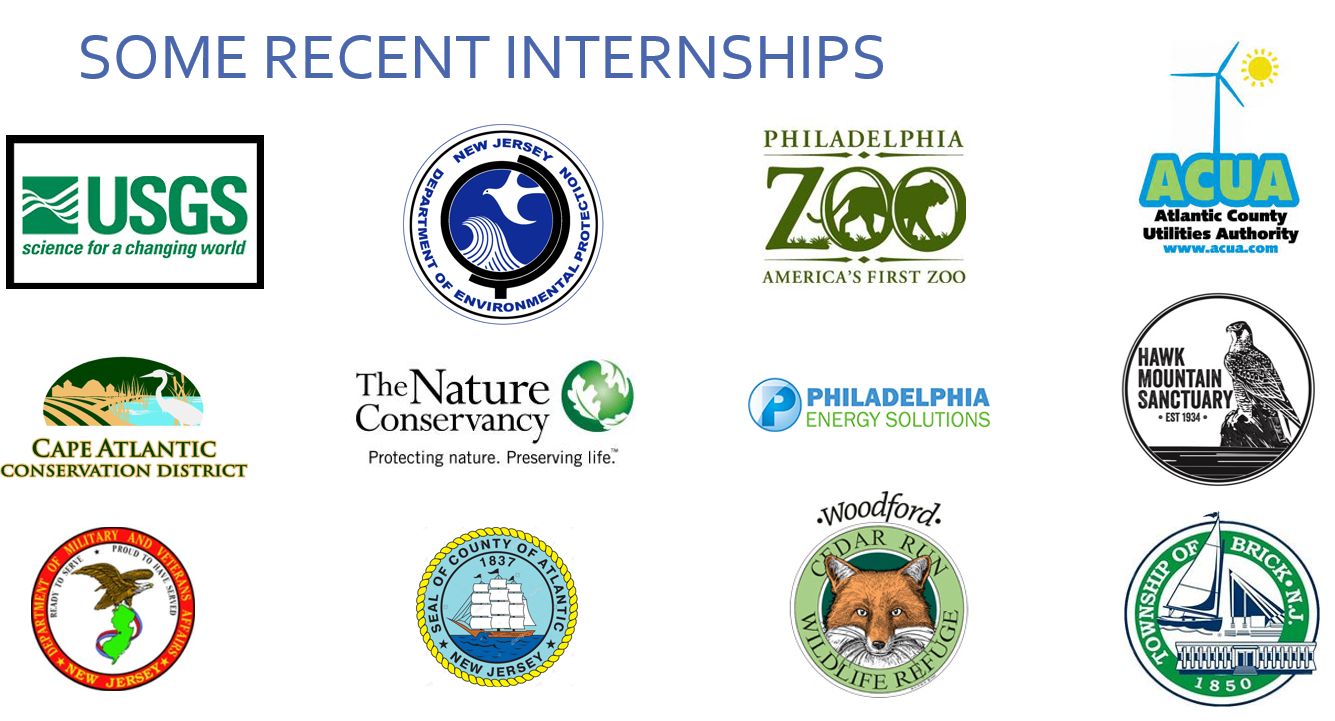
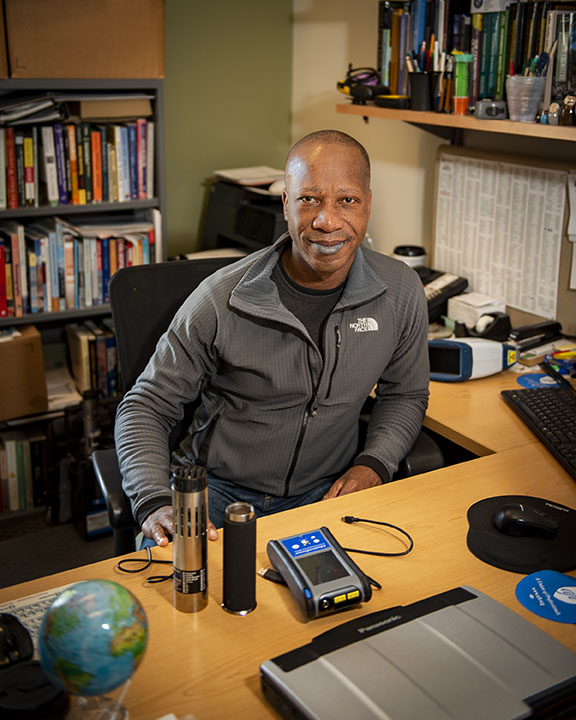
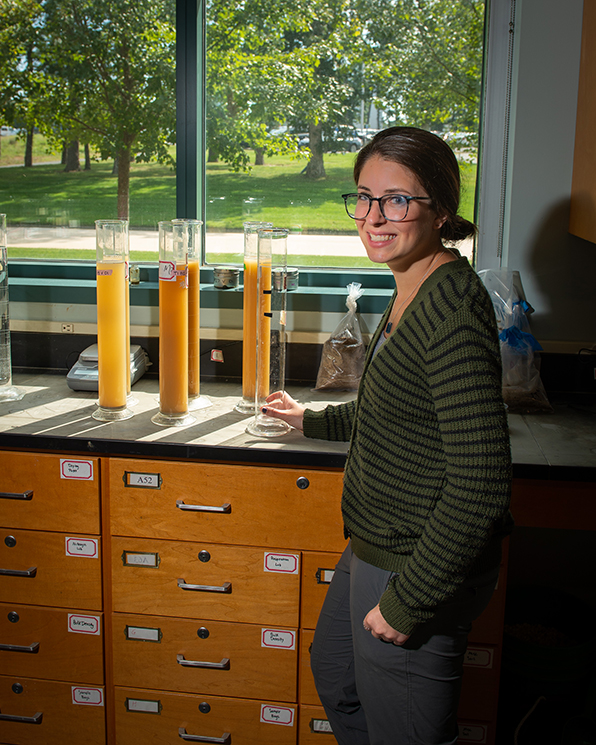

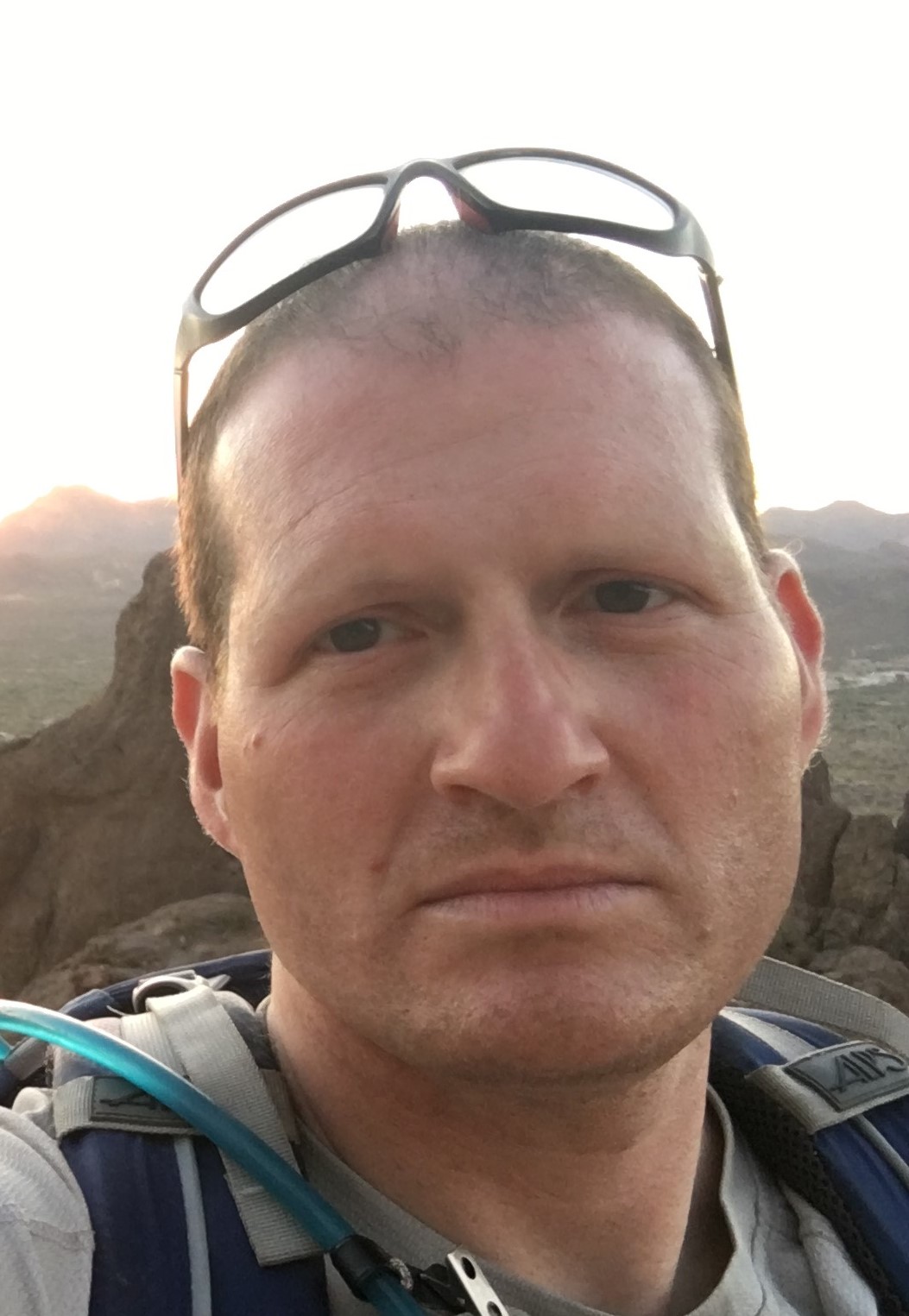 .
.